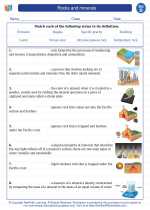Autophagy
Autophagy is a cellular process that involves the degradation and recycling of unnecessary or dysfunctional cell components. This process helps to maintain cellular homeostasis and is crucial for cell survival, development, and overall health. The word "autophagy" is derived from the Greek words "auto" (meaning self) and "phagein" (meaning to eat), reflecting the process by which cells consume their own components.
Mechanism of Autophagy
Autophagy involves the formation of double-membraned structures called autophagosomes, which engulf cellular material targeted for degradation. The autophagosomes then fuse with lysosomes, which contain enzymes that break down the engulfed material into its basic components, such as amino acids, fatty acids, and sugars. These components are then recycled by the cell to generate energy or build new cellular structures.
Regulation of Autophagy
Autophagy is tightly regulated by a complex network of signaling pathways and cellular machinery. Key regulators of autophagy include the mammalian target of rapamycin (mTOR) pathway, which inhibits autophagy in the presence of nutrients and growth factors, and the AMP-activated protein kinase (AMPK) pathway, which activates autophagy during energy depletion. Additionally, various proteins and complexes, such as the autophagy-related (ATG) proteins, play essential roles in orchestrating the process of autophagy.
Physiological and Pathological Implications
Autophagy plays a critical role in various physiological processes, including the removal of damaged organelles, the clearance of protein aggregates, and the adaptation to nutrient deprivation. Dysregulation of autophagy has been implicated in a wide range of human diseases, including cancer, neurodegenerative disorders, and metabolic conditions.
Study Guide
- Define autophagy and explain its significance in cellular function.
- Describe the mechanism of autophagy, including the formation of autophagosomes and the role of lysosomes in degradation.
- Discuss the key regulators of autophagy and their impact on the process.
- Explain the physiological and pathological implications of autophagy.
- Provide examples of diseases associated with dysregulated autophagy and their underlying mechanisms.
Understanding the process of autophagy is essential for comprehending cellular homeostasis and the pathophysiology of various diseases. Mastery of this topic will provide insights into potential therapeutic targets for conditions associated with autophagy dysfunction.
.◂Science Worksheets and Study Guides Fourth Grade. Rocks and minerals
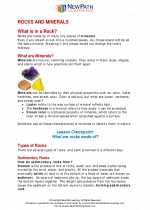
 Activity Lesson
Activity Lesson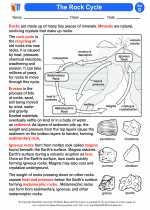
 Worksheet/Answer key
Worksheet/Answer key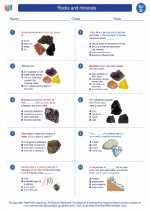
 Worksheet/Answer key
Worksheet/Answer key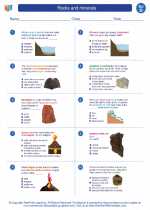
 Worksheet/Answer key
Worksheet/Answer key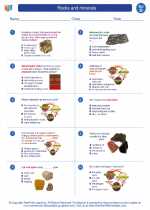
 Worksheet/Answer key
Worksheet/Answer key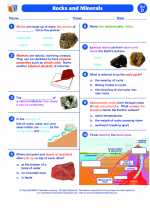
 Vocabulary/Answer key
Vocabulary/Answer key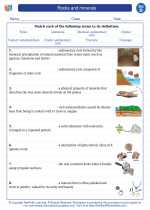
 Vocabulary/Answer key
Vocabulary/Answer key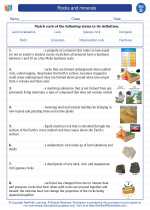
 Vocabulary/Answer key
Vocabulary/Answer key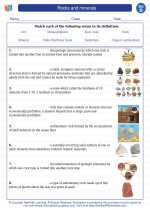
 Vocabulary/Answer key
Vocabulary/Answer key